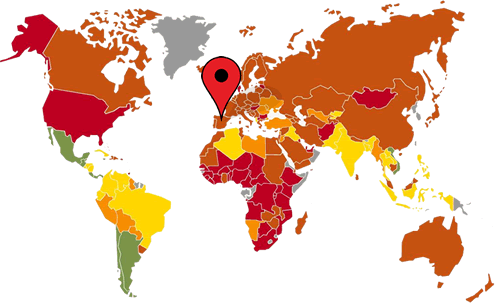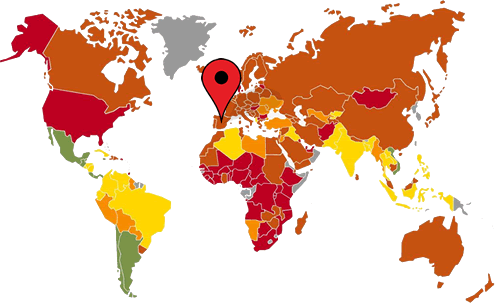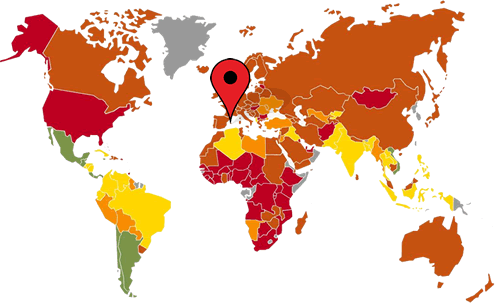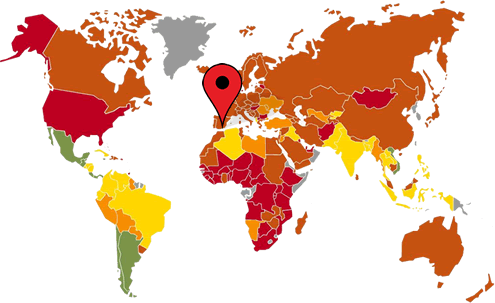Teaching English in Barcelona, Spain
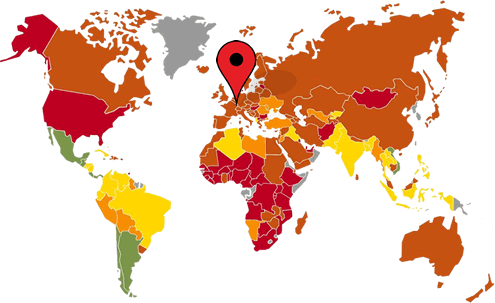
Report submitted on 19 Mar, 2018 by nieto.
Teaching English in Barcelona, Spain:
How can teachers find teaching jobs in Barcelona, Spain?
Just keep on trying never give up.
The main English teaching jobs available are:
part time English language school positions, agencies (send teachers to different locations), teaching at private international schools, private teaching (not through a school, agency, etc.)
What are the minimum teaching requirements?
Bring all you documents updated and sealed.
What teaching requirements would you recommend?
Same as above.
What are the levels of payment?
About 9 Euros (approx. 11 US$).
How many teaching days a week is normal?
3 days per week.
How many face-to-face teaching hours a week is normal?
3 hours per week.
What is the normal arrangement for holidays?
Many.
What advice would you give to someone considering coming to Barcelona, Spain to teach English?
Never give up.
What are the positive aspects of teaching English in Barcelona, Spain?
It makes you happy to make a difference in someones life.
What are the negative aspects for teaching English in Barcelona, Spain?
Never trust someone that says he will do everything for you. Never give personal info , bank info , personal info, never just be very careful with whom you talk to.
What are some of the teaching challenges for English teachers teaching the local people in your area?
There are no bookstores from the USA, there are a lot of books from Eengland but very hard to find something from the USA. They do not know what is ESL , and nobody has what you have to offer.
Living in Barcelona, Spain:
Are there any visa or other legal requirements to live in Spain?
Yes, just bring all your documents and have them updated.
What is the cost of living like in Spain?
1,000 euros (approx. 1158 US$).
What are the usual accommodation arrangements and how can you find accommodation?
With good friends or family or even better from church.
Other than teaching, what positive aspects are there for living in Barcelona, Spain?
Enjoy life be happy.
Other than teaching, what negative aspects are there for living in scenery, Spain?
Just be verrrry careful with whom you talk to never trust anybody.
What advice would you give to someone considering coming to Barcelona, Spain?
Just be careful come with an open mind and bring all your stuff that you need.
What things do you miss most (other than family and friends) from your home country?
American books from the USA , not from England with all respect just need a normal American bookstore with real American things. We do not have anything like this in my area of Barcelona. Its an open market.
What things would you recommend to new teachers in your area to bring with them from their home country?
Come with lots of money and be very careful.
Any other comments (about teaching or living in your country)?
Please open an American bookstore in Barcelona, Spain. We need
American books , esl etc and more please .
About Me and My Work:
My Name: nieto
Nationality: USA
Students I’ve taught in Spain: toddlers (2-4 years), pre-school / kindergarten (4-6 years), elementary (6-12 years), junior high school (12-15 years), high school (15-18 years), university, adults, business, other.
Where I teach: bcn. Teaching for 1 year.
My school facilities: Excellent.
Do you teach English in Spain?
Tell us about your experiences – click here to submit your report about teaching English in Spain Continue reading Teaching English in Spain – Barcelona


